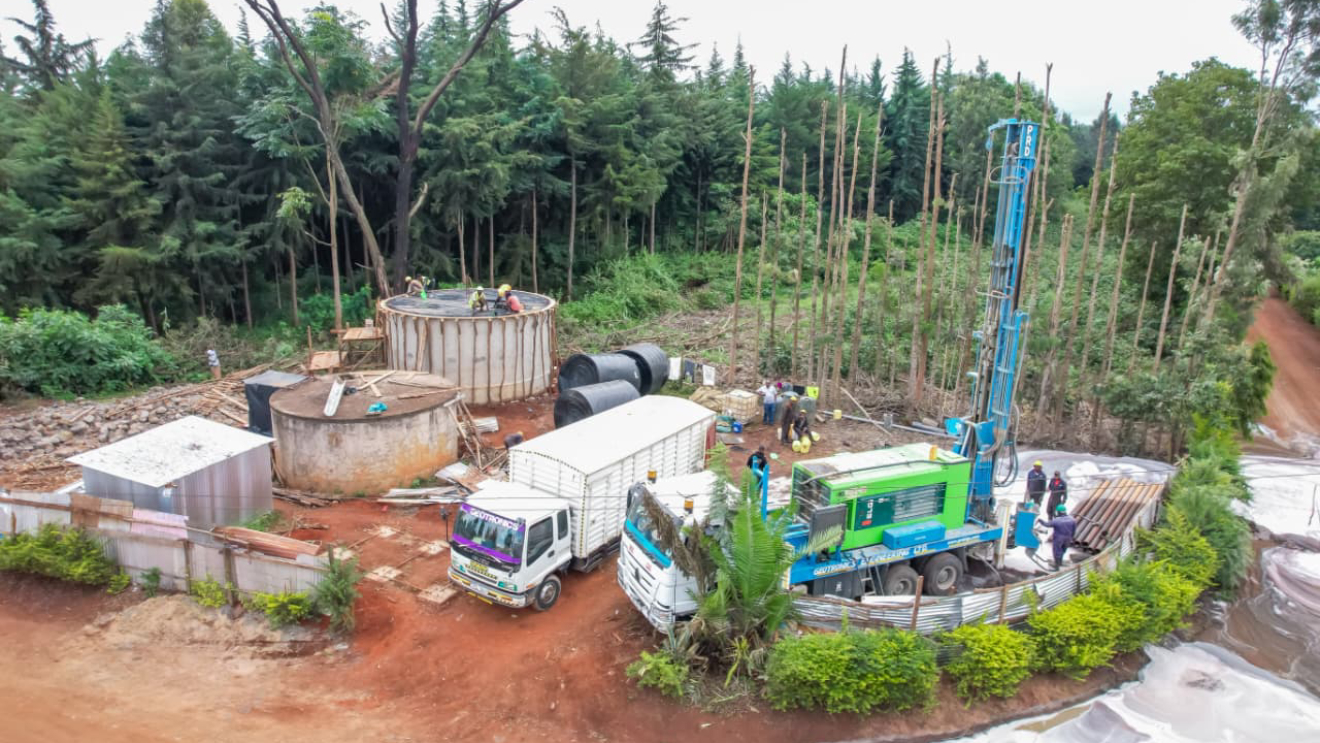Kenya and Djibouti have taken a significant step towards enhancing their bilateral relations and promoting economic growth by establishing a visa-free regime between the two nations.
The announcement came following a high-level meeting between President William Ruto of Kenya and President Ismaïl Omar Guelleh of Djibouti at the Palais Présidentiel in Djibouti on Sunday.
During the meeting, the leaders agreed to establish the Kenya-Djibouti business council, aimed at driving commerce and fostering increased investments between the two countries.
Ruto announced that Djibouti people visiting Kenya will not be required to have visas while emphasising the importance of facilitating the movement of people, goods, and services in Africa.
"This is part of our contribution to easing the movement of people, goods, and services in Africa," Ruto said.
Read More
In addition to the visa-free regime, Ruto revealed plans to strengthen cooperation in the tourism and hospitality sectors, aiming to enhance the earnings of both nations.
This development will be supported by the resumption of air transport between Nairobi and Djibouti, providing greater accessibility and connectivity for tourists and investors alike.
The Kenyan President further highlighted that fostering closer ties between Kenya and Djibouti would contribute to regional stability, particularly in the Horn of Africa.
"Making the region—especially the Horn of Africa—stable is our foremost assignment," emphasizing the importance of peace and security for sustainable development.
President Guelleh echoed these sentiments, recognizing the crucial role that stability plays in advancing African nations.
"We can only develop our world when we are secure," emphasized the Djibouti President, underlining the necessity of peaceful conditions for progress and transformation.
Meanwhile, President Ruto called upon African leaders to address pressing issues such as unemployment, poverty, and inequality, urging them to formulate effective solutions.
Speaking at the National Assembly of Djibouti, he emphasized the need for Africa's aspirations to take centre stage globally, stating, "We are not looking for any favour; we have the resources, practical views, and solutions to the climate crisis."
Ruto stressed the importance of Africa's unity and its ability to collectively advocate for free trade, job creation, and economic growth.
"It is a reformed and streamlined African Union that will give our continent a new lease of life," he added while emphasizing the need for an integrated and united Africa to overcome past challenges and shape its future.
In his concluding remarks, President Ruto emphasized the significance of the operationalization of a Pan-African Parliament, highlighting its potential in tackling contemporary challenges.
"The Pan-African Parliament will further help Africa meet the challenges of our time," Ruto said underscoring the importance of a united African voice in addressing the continent's pressing issues.
The agreement between Kenya and Djibouti to establish a visa-free regime and strengthen bilateral ties signifies a positive step towards regional integration, economic growth, and stability.
The initiatives announced by the two leaders hold the potential to enhance trade, boost investments, and pave the way for a prosperous future for both nations and the African continent as a whole.

-1686597028.jpg)










